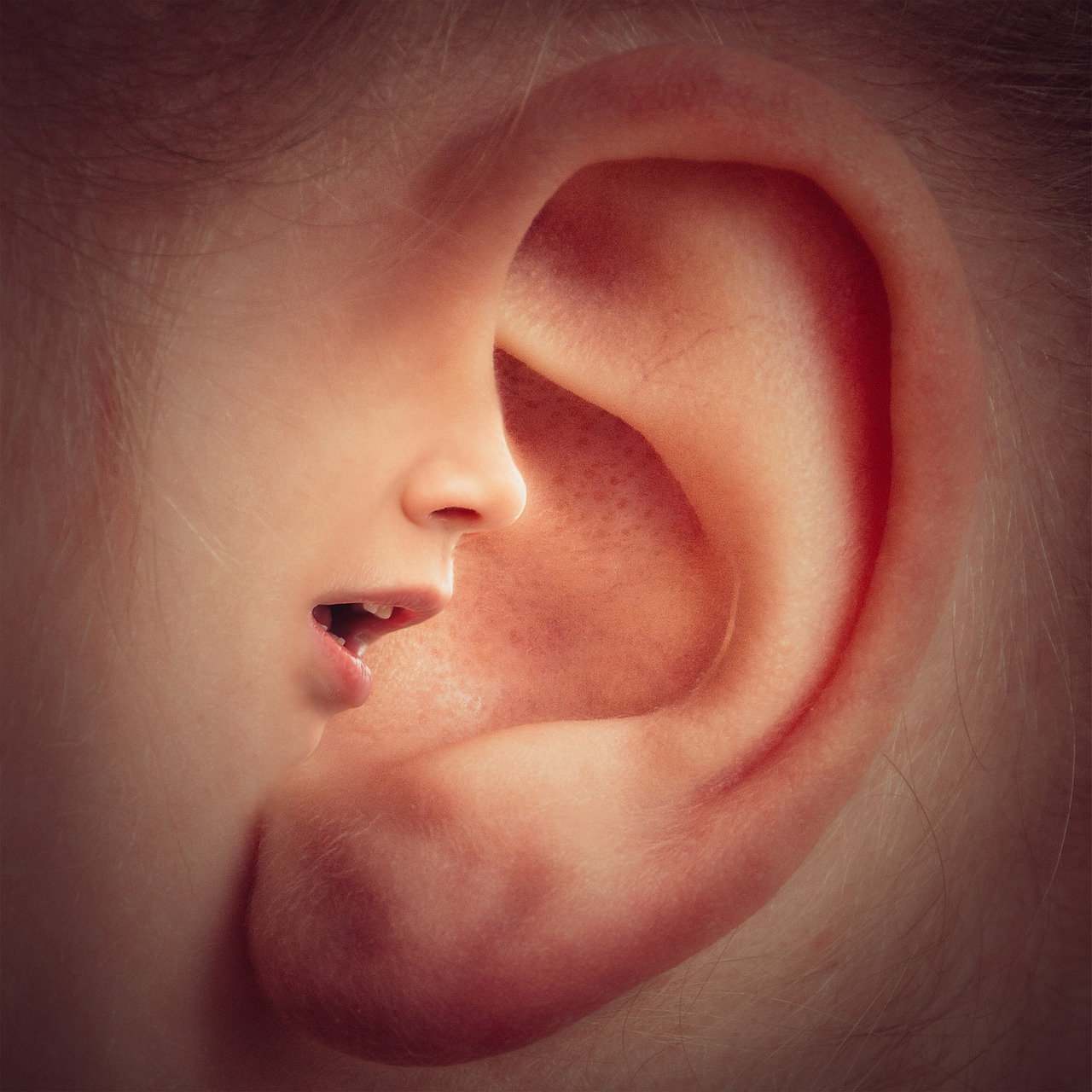
Hablamos solos, pero nunca estamos solos.





Este post responde al llamado del amigo @emiliorios con su iniciativa: Confiesa: Tú también hablas solo. Te dejo el enlace aquí por si deseas participar

Gracias por vuestra lectura y comentarios. Hasta una próxima oportunidad

![Click here to read in englis] We talk alone, but we are never alone Many moons and suns ago, I was a girl, in the neighborhood where I grew up there was a woman named Francisca, who had been a lawyer and a teacher, but then she had become homeless. Francisca was known for walking the streets arguing, debating, as if she were in a trial, where she was not only the defense attorney, but also the defendant, because sometimes she would respond to herself. I remember once, when I was listening to Francisca and my grandmother told me to stop because Francisca was crazy: _How do you know she is crazy, grandma? _Because she talks to herself. Many of us surely grew up with this idea: anyone who talks to themselves is crazy or possessed. Later, I would discover through my profession as a teacher, that neither is true, but rather the opposite. Communication is so important for human beings, that failing to communicate or express ideas can lead to, precisely, madness. Yes. Just like eating, sleeping, fulfilling our physiological needs, expressing our ideas or thoughts is biologically important for us. A proof of what I am saying is what happens in that famous movie by Tom Hanks, Cast Away, where the protagonist feels the necessity not only to search for food and water, but also to create a friend, Wilson, the volleyball, to communicate with: an imaginary friend to whom he can tell about his daily life on that lonely island. In many of the entries I have read, many of you reaffirm that one of the advantages of expressing aloud what we do or what we think to do or say is that we can manage our emotions. We can imagine what our responses and actions might be in a particular context. I don't know about you, but I am one of those who, in front of the mirror or while walking, mature the response I am going to give to person X, even imagining their responses, creating hypothetical, perfect, brilliant dialogues, even though many times those dialogues never happen. Similarly, as a teacher, I have seen how effective it can be to learn by reading aloud, explaining things to yourself: when you say things out loud, the brain retains them faster, and memory stores them. That's why many of us, when making a shopping list, for instance, say each item out loud: 'I’m going to the supermarket to buy flour, then I'll go by the bakery, and afterwards I’ll go to the shoe store.' This way allows us to more easily remember the things we need to buy and do. Of course, talking to oneself also helps us cope with loneliness, if that were the case. I have friends who have started talking to plants, the dog, the cat, and even one told me she talks to her food. Those conversations can be trivial, but also intimate, where people talk, and even respond to themselves: And I say to myself: "Myself, forget about that man." And I think: who better to give us advice than ourselves who know ourselves from head to toe. So, according to the above, Francisca was crazy for other reasons, not for talking to herself. Because, precisely, the human being needs to interact with someone, even if it's with oneself, to avoid losing sanity. There is a poem, Portrait, by Antonio Machado that says, 'the one who talks alone, hopes to talk with God.' The one who speaks to themselves is a being who knows themselves, who thinks, who seeks (both inside and outside of themselves), who knows that in their introspection lie all the questions, but also all the answers. And I wonder, isn't that a way to talk to God? While we talk to ourselves, it is God who provides the answers within us. Because we talk alone, but we are never alone.